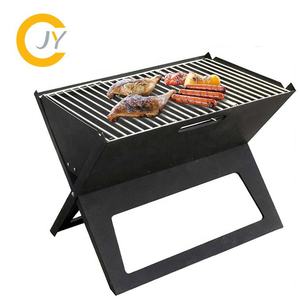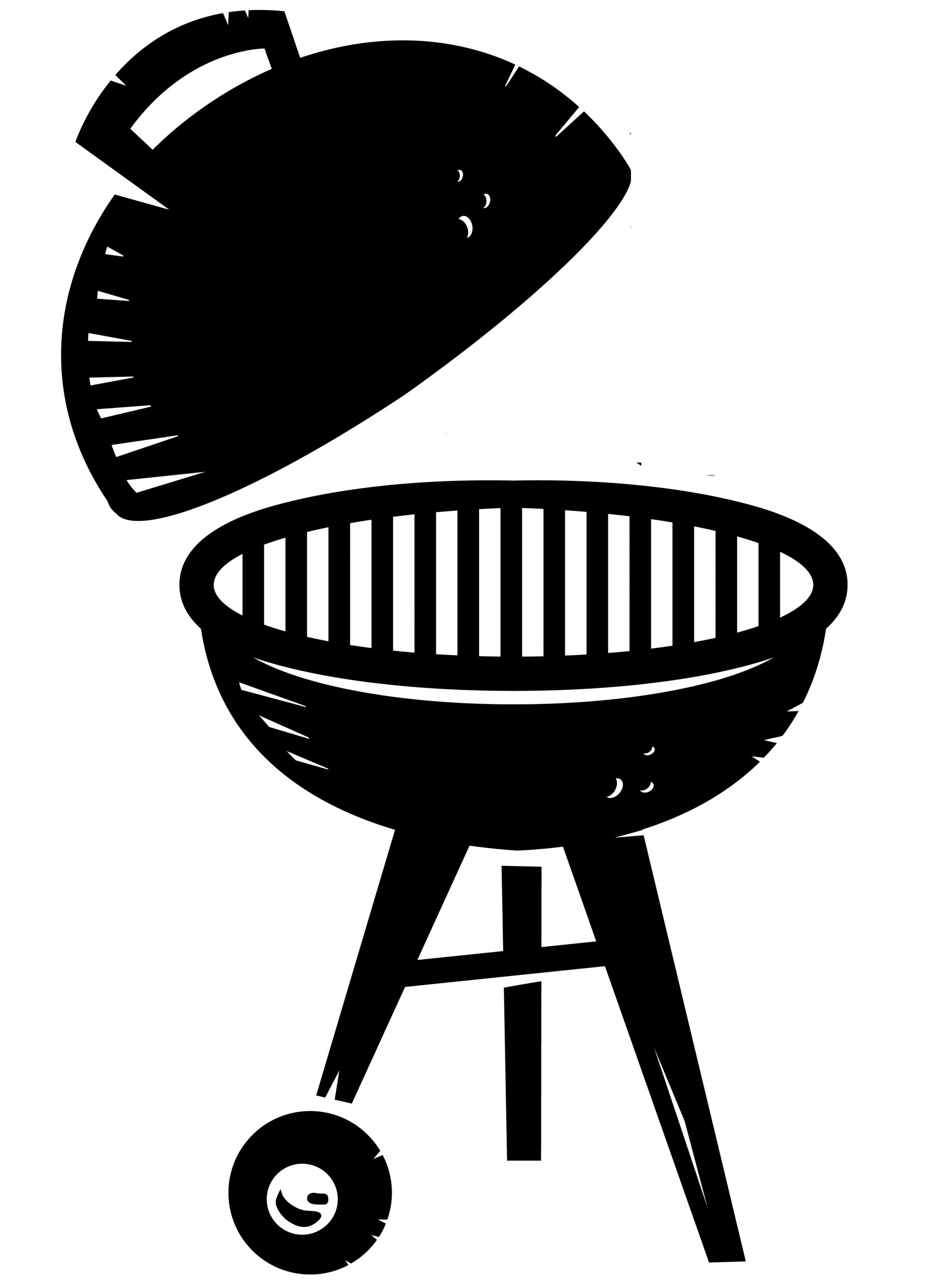The gridiron, a simple yet effective cooking instrument, has earned its place in culinary traditions, particularly for open-flame grilling. This practical device consists of a frame made from parallel metal bars that hold food above a heat source. Throughout history, the gridiron’s design has remained remarkably consistent, highlighting its essential role in producing the distinctive flavors and textures associated with cooking over an open flame.
The Origins of the Gridiron
The gridiron has its roots in ancient civilizations, where early models were crafted from metal bars to cook food over open flames. From the Roman Empire to medieval Europe, these tools were essential in kitchens, providing a functional and efficient method of grilling. The name "gridiron" is derived from the grid-like pattern formed by the metal bars. Traditionally made from durable wrought iron, these devices were designed to sit over an open fire, distributing heat evenly and enabling the cooking of meat, fish, and vegetables. Over time, gridirons have evolved, with modern versions ranging from compact, portable grills to large, robust outdoor cooking systems.
How Does a Gridiron Function?
A gridiron operates by suspending food above a heat source, such as a fire or charcoal, which allows the heat to circulate evenly around the food. This ensures consistent cooking, and the heated bars leave behind distinctive grill marks that contribute to the flavor through caramelization. Gridirons are typically made from materials like cast iron, stainless steel, or aluminum, each offering distinct cooking benefits. Cast iron is known for excellent heat retention, ideal for thick cuts of meat, while stainless steel is rust-resistant and easy to clean, making it well-suited for regular grilling.

Different Types of Gridirons and Their Uses
Gridirons come in various designs, each suited to specific grilling needs:
Traditional Cast Iron Gridirons
Known for their outstanding durability and heat retention, cast iron gridirons are perfect for high-temperature, open-flame grilling. The heavy-duty bars can withstand intense heat and, when properly seasoned, develop a natural non-stick surface that enhances the flavor of grilled foods. These gridirons are ideal for grilling hearty dishes like steaks, burgers, and fish, especially in outdoor or campfire settings.
Stainless Steel Gridirons
Lightweight, rust-resistant, and easy to clean, stainless steel gridirons are perfect for everyday grilling. These gridirons excel in gas or charcoal grills and are best used for foods that don't require heavy searing, such as vegetables, poultry, and delicate seafood.
Adjustable Gridirons
Adjustable gridirons offer the ability to modify the distance between the food and the heat source, making them versatile for precise cooking. This feature is especially useful for professional grillers or in competitive cooking scenarios, allowing for optimal heat control in multi-dish setups.
Portable Gridirons
Portable gridirons are compact and easy to transport, often constructed from lightweight materials like aluminum or stainless steel. Despite their small size, they can reach high temperatures, making them perfect for grilling on the go, whether camping or tailgating.

The Benefits of Cooking with a Gridiron
Using a gridiron offers several key advantages that elevate the grilling experience:
Improved Flavor Profile
The grill marks left by a gridiron contribute to the Maillard reaction, which enhances the caramelization of food’s exterior and produces rich, deep flavors. The smoky, charred taste typical of open-flame cooking is hard to replicate with other methods.
Consistent Heat Distribution
A gridiron’s design ensures even heat circulation around food, guaranteeing that it cooks thoroughly on all sides. This feature is particularly beneficial for thicker cuts of meat, which results in a crispy exterior while keeping the inside juicy.
Versatility in Cooking
Gridirons are adaptable to various types of food, including meats, vegetables, seafood, and even fruits. The ability to adjust the heat makes it possible to switch from slow cooking to quick searing, providing flexibility in cooking techniques.
Durability and Longevity
High-quality gridirons, especially those made from cast iron or stainless steel, are built to last for decades. With proper care, these tools are a worthwhile investment for grilling enthusiasts. Regular maintenance, such as cleaning and seasoning, helps preserve the gridiron’s quality over time.
Maintaining Your Gridiron
Proper care ensures your gridiron remains in top condition for years to come:
Seasoning
For cast iron gridirons, apply a thin coat of vegetable oil after cleaning, then heat it to bond the oil to the surface. This process creates a non-stick layer that improves cooking performance.
Cleaning
After each use, clean your gridiron to remove food residue. Use a wire brush for stainless steel models, but avoid harsh chemicals or abrasive materials like steel wool, as they can damage the surface.
Storage
Store your gridiron in a dry place to prevent rusting. For cast iron models, apply a light layer of oil before storage to protect the metal from moisture.

Conclusion
The gridiron remains a classic and indispensable tool for achieving the bold flavors of grilled food. Whether you're grilling over a campfire or using a professional outdoor setup, a quality gridiron offers versatility, durability, and a unique flavor profile that enhances every meal. From its ancient roots to its continued relevance in modern kitchens, the gridiron is an essential asset for both casual and serious grillers.
